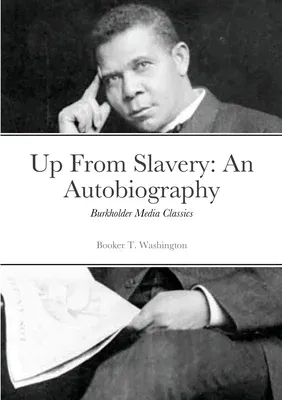I pity from the bottom of my heart any nation or body of people that is
so unfortunate as to get entangled in the net of slavery. I have long
since ceased to cherish any spirit of bitterness against the Southern
white people on account of the enslavement of my race. No one section of
our country was wholly responsible for its introduction, and, besides,
it was recognized and protected for years by the General Government.
Having once got its tentacles fastened on to the economic and social
life of the Republic, it was no easy matter for the country to relieve
itself of the institution. Then, when we rid ourselves of prejudice, or
racial feeling, and look facts in the face, we must acknowledge that,
notwithstanding the cruelty and moral wrong of slavery, the ten million
Negroes inhabiting this country, who themselves or whose ancestors went
through the school of American slavery, are in a stronger and more
hopeful condition, materially, intellectually, morally, and religiously,
than is true of an equal number of black people in any other portion of
the globe. This is so to such an extent that Negroes in this country,
who themselves or whose forefathers went through the school of slavery,
are constantly returning to Africa as missionaries to enlighten those
who remained in the fatherland. This I say, not to justify slavery-on
the other hand, I condemn it as an institution, as we all know that in
America it was established for selfish and financial reasons, and not
from a missionary motive-but to call attention to a fact, and to show
how Providence so often uses men and institutions to accomplish a
purpose. When persons ask me in these days how, in the midst of what
sometimes seem hopelessly discouraging conditions, I can have such faith
in the future of my race in this country, I remind them of the
wilderness through which and out of which, a good Providence has already
led us. (From Chapter One)


